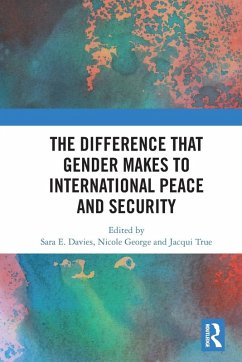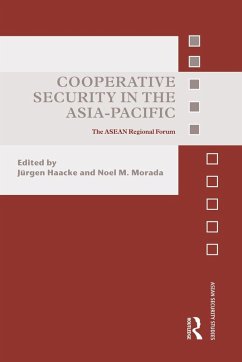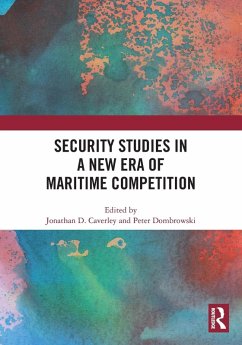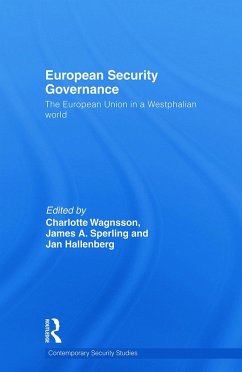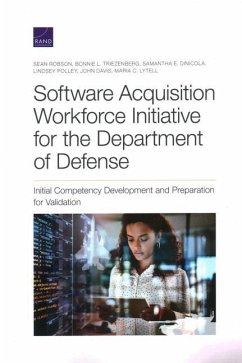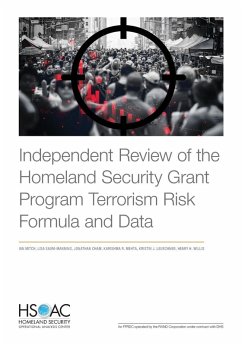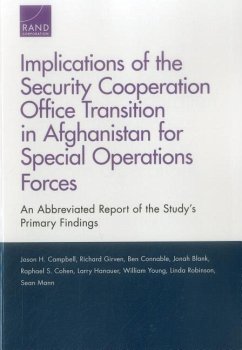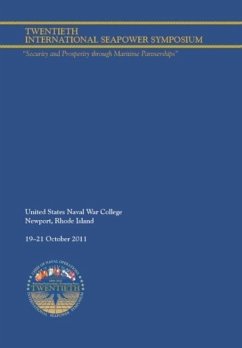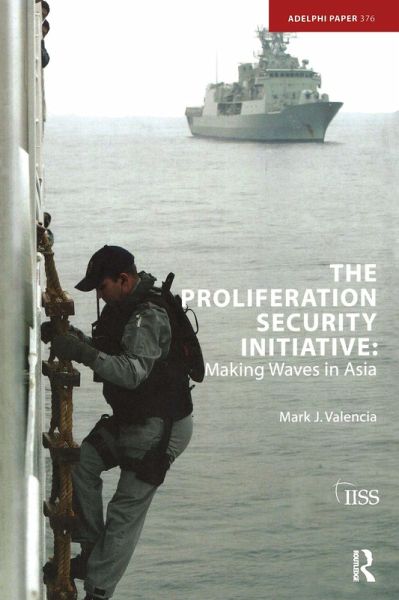
The Proliferation Security Initiative
Making Waves in Asia
Versandkostenfrei!
Versandfertig in 1-2 Wochen
49,99 €
inkl. MwSt.

PAYBACK Punkte
25 °P sammeln!
The Proliferation Security Initiative (PSI) was initiated by US President Bush on 31 May 2003. Its purpose is to prevent elements of weapons of mass destruction (WMD) from reaching or leaving states or sub-state actors of proliferation concern. Such states include first and foremost North Korea, but also Iran, the Sudan, Syria and Cuba. Countries publicly adhering to its Principles have grown from a core of 11 to more than 20, including in Asia, only Japan and Singapore. Most WMD traffic moves by sea. The focus of the PSI is on interdictions and seizures. There have been 11 successful intercep...
The Proliferation Security Initiative (PSI) was initiated by US President Bush on 31 May 2003. Its purpose is to prevent elements of weapons of mass destruction (WMD) from reaching or leaving states or sub-state actors of proliferation concern. Such states include first and foremost North Korea, but also Iran, the Sudan, Syria and Cuba. Countries publicly adhering to its Principles have grown from a core of 11 to more than 20, including in Asia, only Japan and Singapore. Most WMD traffic moves by sea. The focus of the PSI is on interdictions and seizures. There have been 11 successful intercepts so far. This includes an intercept of WMD related materials to Libya that purportedly forced Libya to abandon its WMD programs. Moreover Liberia, Panama, the Marshall Islands and Croatia have signed bilateral WMD boarding agreements with the United States. Although the PSI has made considerable progress, its aggressive promotion and implementation has created considerable controversy. It has been criticized for lacking sufficient public accountability, stretching if not breaking the fundaments and limits of existing international law, undermining the UN system, limited effectiveness, and being politically divisive. Moreover, countries that are key to a successful PSI ---like China, India, Indonesia and South Korea---have not publicly joined the activity despite US pressure to do so, and Japan and Russia seem to be rather reluctant participants. Each is weighing the pros and cons of public participation. The PSI has been cast upon already stormy political seas. In both Northeast and Southeast Asia, Cold War relationships and alliances are being stressed as the region's countriesre-adjust to each other, the United States and the new security environment. China's rise, Japan's drive to become a 'normal' country, and big power competition for influence in Southeast Asia set the political context. Within this context, maritime security issues are rising to





